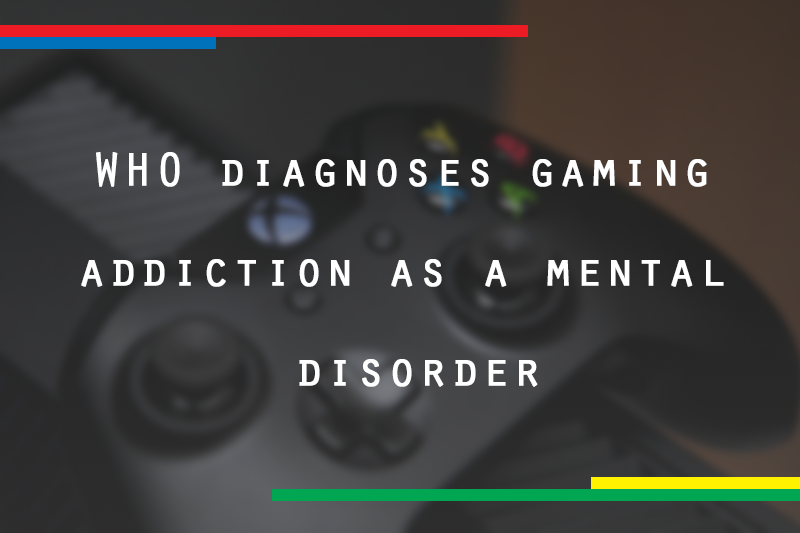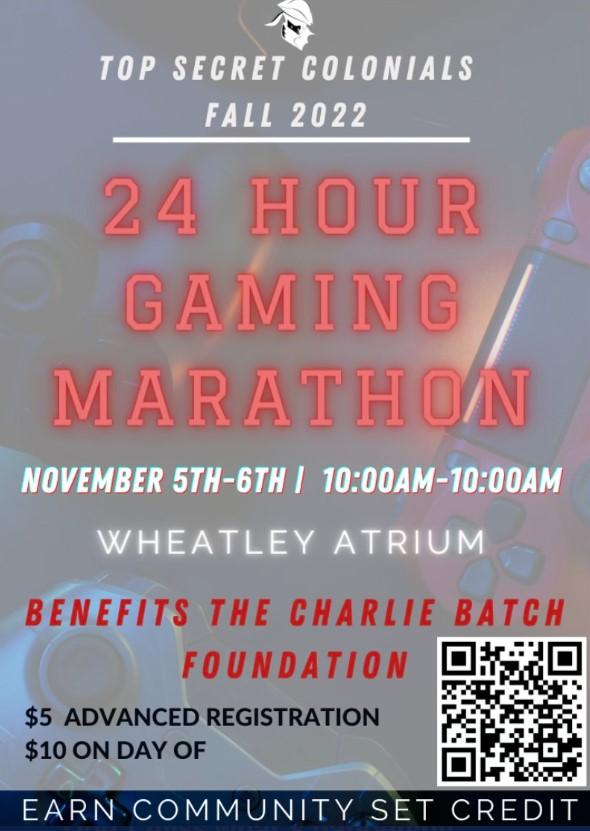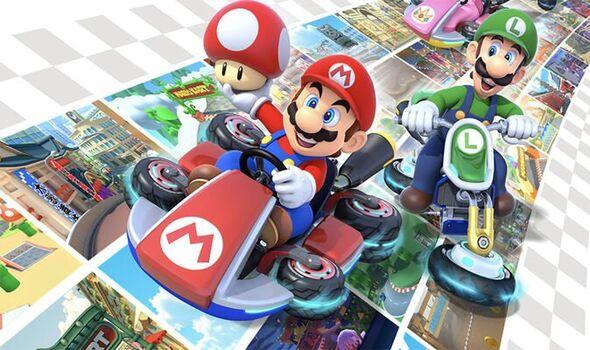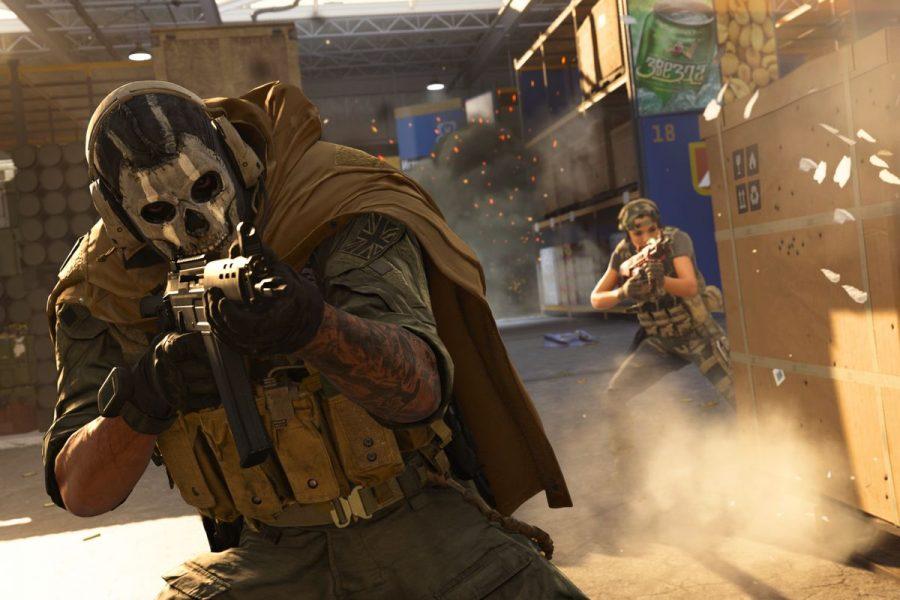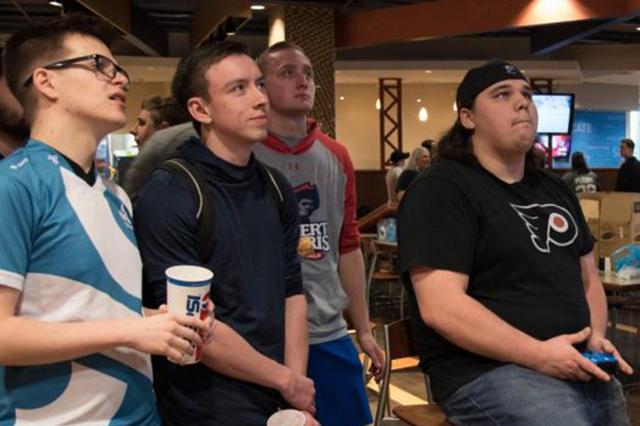With October 10 being World Mental Health Day, it is an opportunity to recognize that any form of mental illness can impact the lives of those who suffer from them. Unfortunately, we still have a lot to learn about all the forms that these diseases can take. It may be surprising, but one area currently attracting study is video game addiction.
From a toddler playing hide and seek to a group of retirees on a golf course, games have always served as a release from daily life—allowing us to engage in something we want to do instead of have to do. Ever since video games appeared, parents and educators have worried that the content was affecting players’ brains. In 2013, video games made their first appearance in the “Diagnostic and Statistical Manual of Mental Disorders” (DSM), as an “Internet Gaming Disorder.” While not recognized as a disease, it was designated as a condition that merits further study. Taking it a step further, the World Health Organization included “Gaming Disorders” in its 2018 revision of the “International Classification of Diseases.”
While there is enough concern to undertake studies of the mental health impact of video games, Ryan Nyeholt, a National Certified Counselor and full-time therapist at the RMU Counseling Center, isn’t yet convinced that it is a unique disorder. He instead sees how it could lead to problems if individuals use them to disconnect from their relationships.
“I know there’s lots of different speculation on what to do, but potentially, too much of anything [can be a bad thing],” Nyeholt said. “It’s important for all of us to communicate and connect with people. “
While many people may think of gaming as a solitary activity, the incorporation of the Internet into games has actually created a new form of social interaction. With the ability to add a headset and talk to other players, gaming no longer means long hours alone, and could provide a way to overcome isolation.
“If that’s a hard thing for you or you don’t have a lot of socialization, maybe that could even be a positive—having some way to interact with people” Nyeholt said. “It depends on who you are interacting with and what that relationship is like, but I think a lot of technology can be a positive in some ways, like skyping—[they are] ways to connect with people you don’t see face to face.”
Even though it was recognized by the WHO, it is still uncertain whether Internet Gaming Disorder will also be recognized as a mental disorder in the next version of the DSM. Its inclusion means there are studies showing it to be a unique condition that requires treatment. As a therapist, Nyeholt tries to stay current on research like this, so that he can use it to help those he treats.
“I’m excited to see what new research there is,” Nyeholt said. “My concern is making sure we’re careful not to pathologize certain things—just because you do something a lot doesn’t mean you’re addicted to it.”



